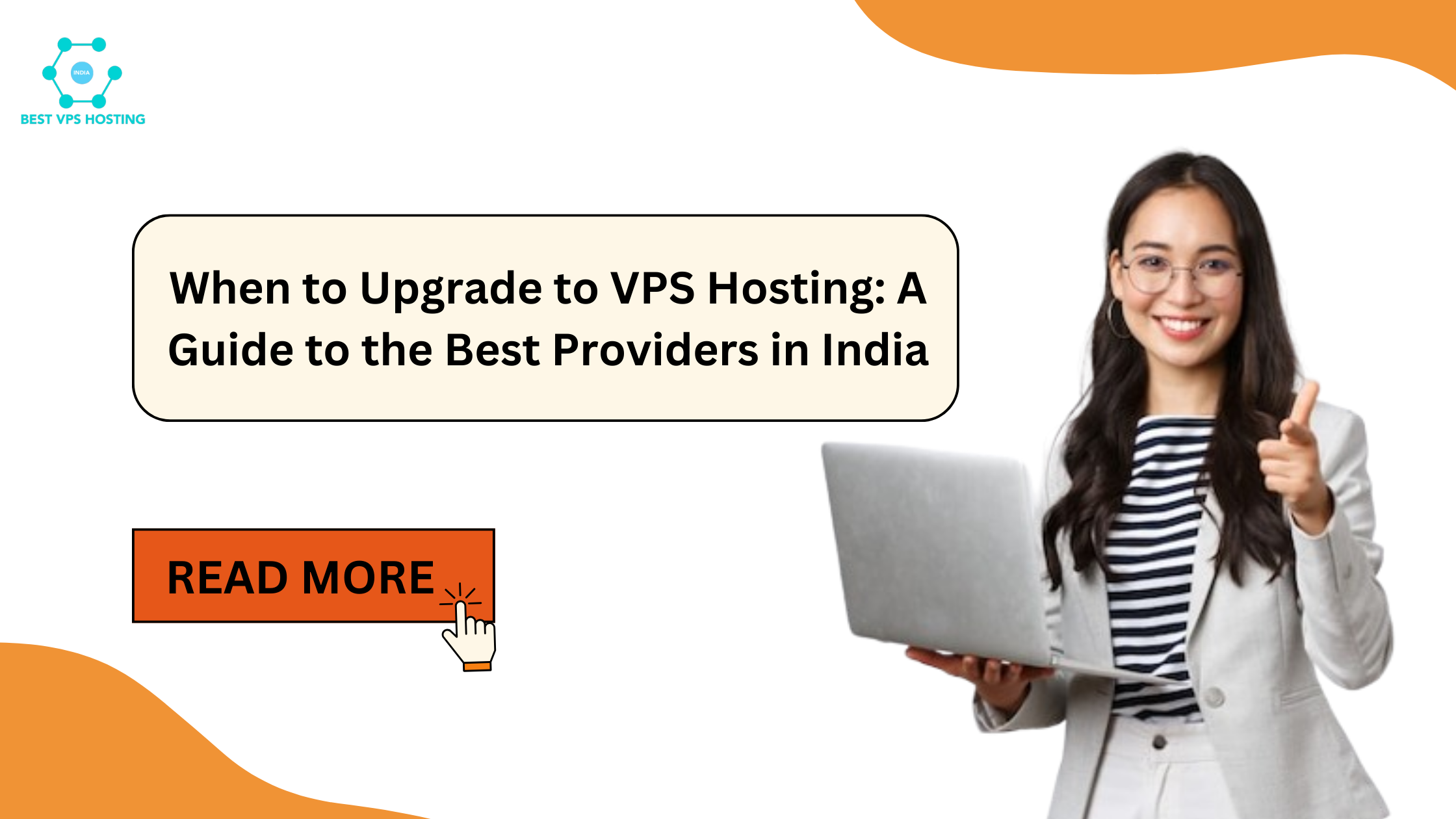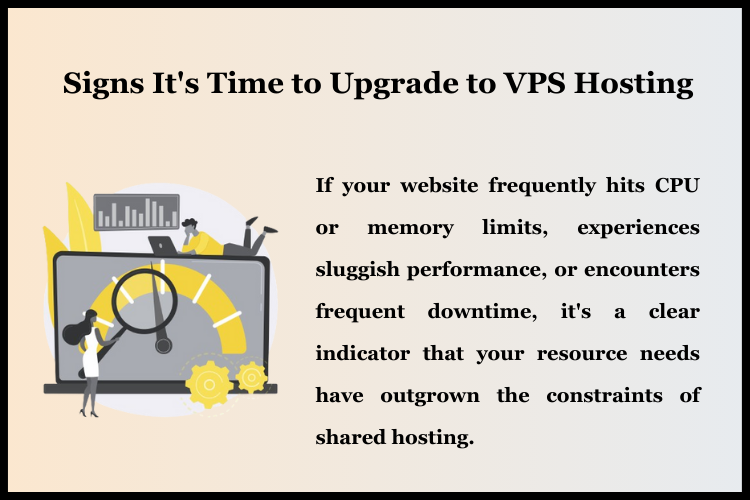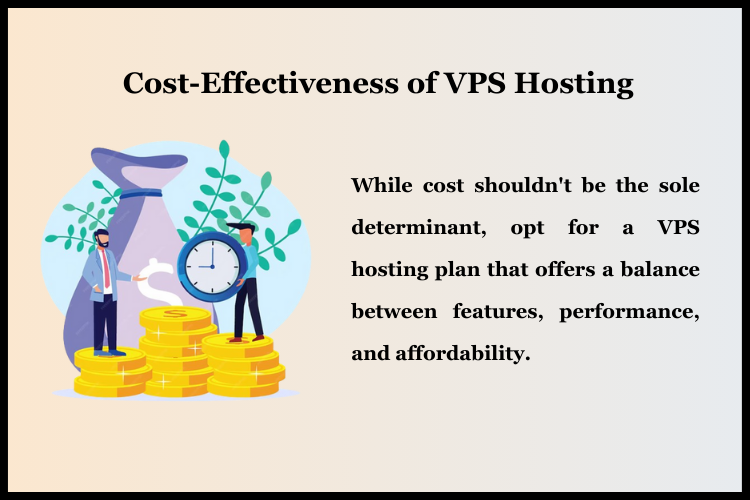Summary

Article Name
When to Upgrade to VPS Hosting A Guide to the Best Providers in India
Description
Understanding when to make this transition and choosing the right provider is crucial for ensuring optimal performance, reliability, and scalability for your website or online application.
Author
Dikshita
Publisher Name
Best VPS Hosting in India
Publisher Logo



